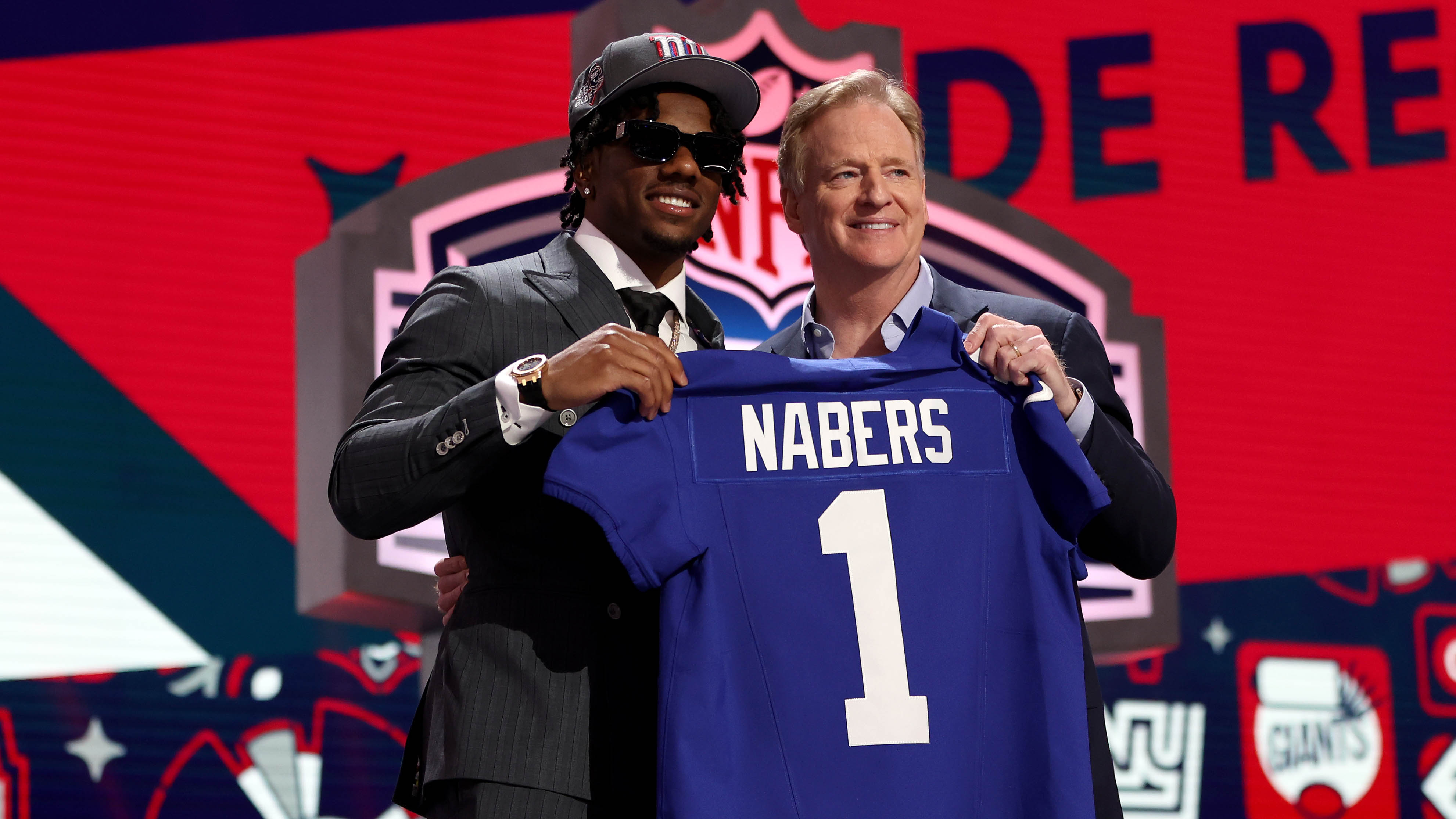Two syringes, intact with sharp needles, were found within feet of each other Sunday in the sands of Monmouth Beach, a quiet Jersey Shore community some 32 miles as the seagull flies from Lower Manhattan.
"This is the first time I remember it happening and I've been here 14 years," said Marianne Powers, an assistant manager of a condominium high-rise that towers over the site.
A beachgoer handed the syringes over to Powers, who then called Monmouth Beach police to have them removed.
in the 1980s and even into the 1990s, large amounts of medical waste floating just offshore in the Atlantic Ocean fouled several Jersey Shore beaches.
And as recently as three years ago, a Pennsylvania dentist looking for a cheap way to dispose of hundreds of syringes dumped them overboard from his boat, polluting the beaches of Avalon in South Jersey.
But the two needles found this weekend may have come from a different source, said one advocate.
"What happens is that people are flushing their needles down the toilet," said Tavia Danch, a staffer with Clean Ocean Action.
Local
Bill Mack, the beach director in neighboring Sea Bright, said it is likely the syringes were part of a wave of garbage that washed up on his beaches following a heavy rainstorm Friday.
As Mack and Clean Ocean Action founder Cindy Zipf explained it, heavy rains overwhelm storm and sewer systems in New York City and in the North Jersey communities that border on New York Harbor.
Whether it is needles flushed down a toilet, or litter thrown into the street that goes into a curbside storm drain, it all bypasses sewage plants and catch basins and ends up floating out of the harbor and out to sea.
"In the early morning the wind was northeast for quite awhile," Sea Bright's Mack said in explaining how it could float past Sandy Hook and then down onto the sands of his town and nearby Monmouth Beach.
Clean Ocean Action, which sponsors twice a year beach sweeps, collected a total of 347 syringes in 2010, according to Zipf.
"When you see these events it's a way for people to rise up and let their elected officials know this has got to stop," Zipf said.
Follow Brian Thompson on Twitter @brian4NY



